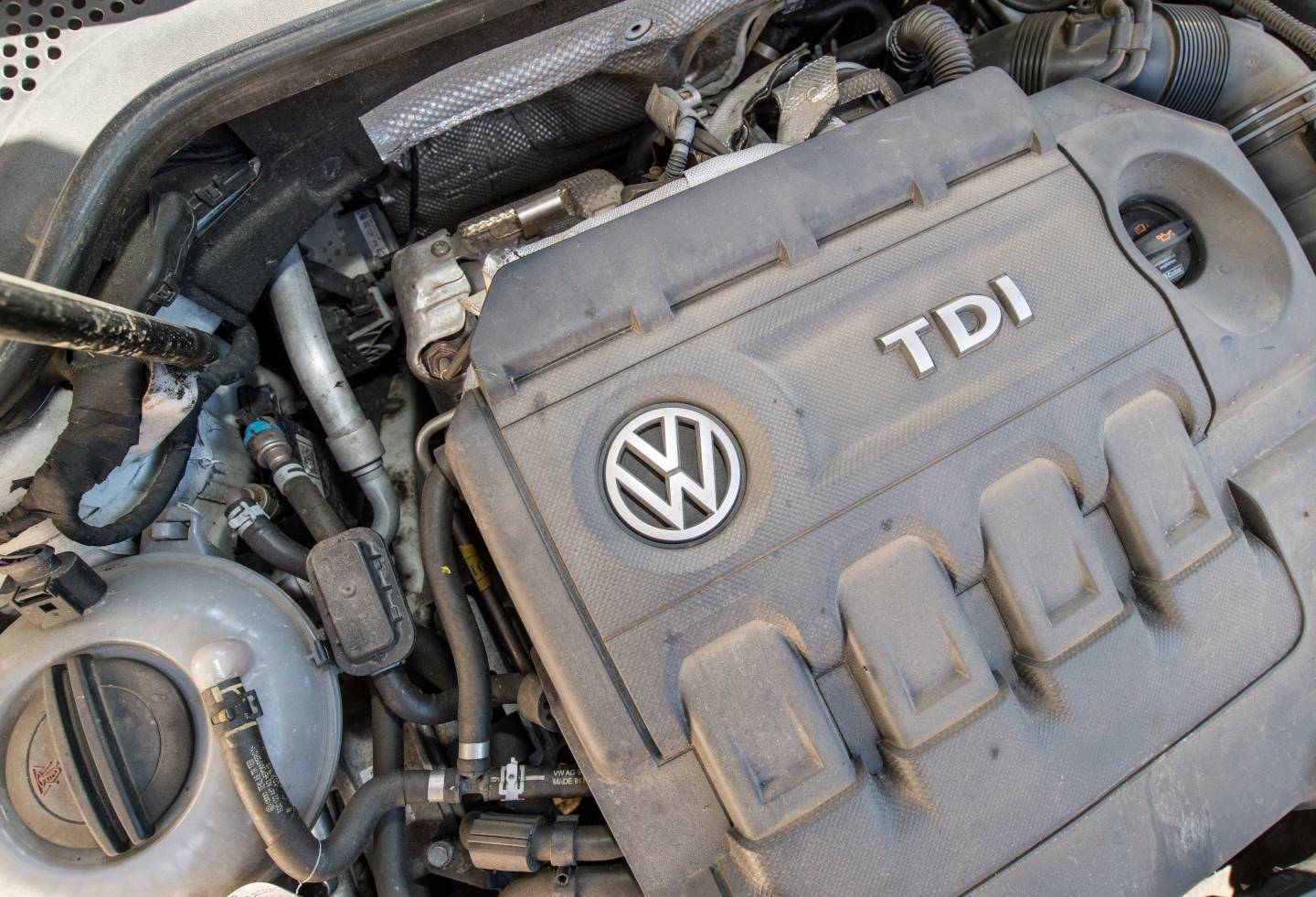Shares in Volkswagen AG (VLKAY) rose to their highest level in eight weeks Tuesday after reports saying German regulators had approved its plans to fix most of the diesel vehicles affected by the ongoing scandal over doctored emissions data.
Bloomberg reported Volkswagen CEO Matthias Müller as telling company executives in a speech that the Kraftfahrtbundesamt, the German federal auto watchdog, had agreed in principle to its plan to fix the 1.6 liter engines that account for 90% of the affected vehicles in Europe. A spokesman for the KBA couldn’t immediately be reached to confirm Müller’s remarks.
“Our assumption that substantive changes to the motor would be necessary have not come true,” Bloomberg reported Müller as saying. VW has said for weeks that it expected to be able to fix its 1.2 liter diesel engines with just a software tweak, but it was unclear how many larger engines would need expensive new hardware to be added to their exhaust systems to bring them into line with legislation and with the company’s marketing claims. Müller said all the only hardware changes that will be needed for the 1.6 liter engines will be “relatively simple” ones to the air-filter system, according to Bloomberg.
The news is a welcome shot in the arm for the company, given that the vast majority of the 11 million vehicles worldwide carrying the notorious software are registered in Europe. But it comes after a fresh setback in the U.S., where it was forced to admit that it had indeed installed illegal ‘defeat devices’ in thousands more Audi and Porsche vehicles dating back to 2009. It had initially disputed the allegations made by the Environmental Protection Agency and California Air Resource Board, saying that the emissions control software it had installed didn’t violate U.S. law.
Audi said in a statement late Monday that its A6, A7, A8, Q5 and Q7 diesel models dating back to 2009 were all affected, as were the VW Touareg and Porsche Cayenne, which have been using Audi’s diesel engines since 2013 in the U.S.. Audi said it has stopped the sale of all cars with its diesel V6 TDI motor until further notice in the U.S..
By late morning, the company’s preferred shares had risen 3.6% to €113.9, having earlier hit a peak of €117.02, their highest since the scandal erupted in September.











